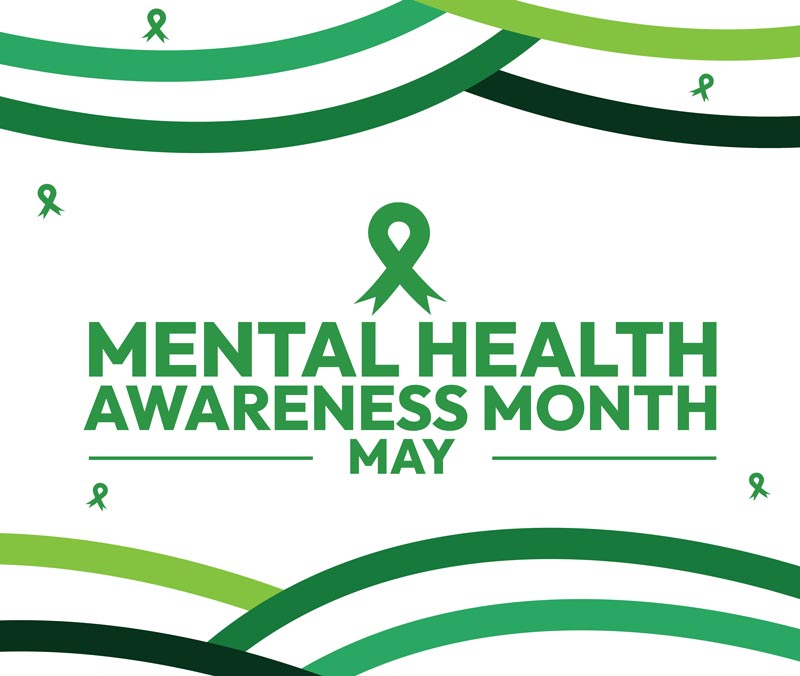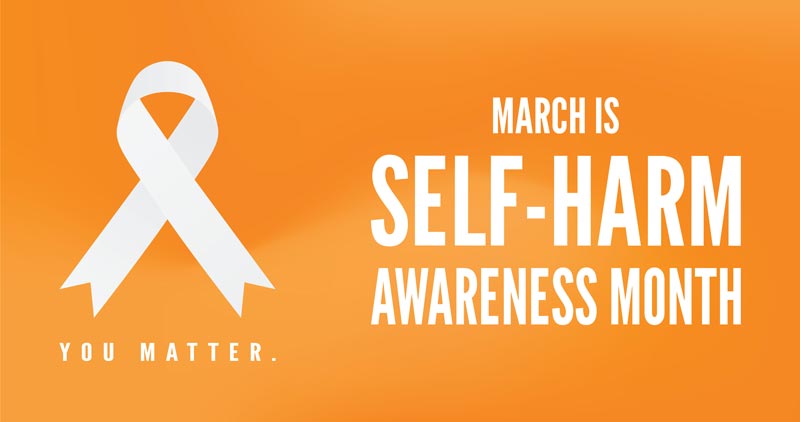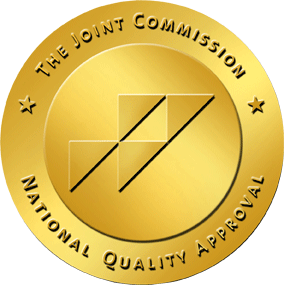Post Traumatic Stress Disorder (PTSD) can profoundly impact the lives of those who experience it. This condition arises from experiencing or witnessing traumatic events and can affect anyone, not just veterans (Though we do encourage Veterans to seek support too). Understanding and managing PTSD triggers is essential for those on their healing journey. Here, we’ll explore five effective ways to manage PTSD triggers, offering practical advice and resources to help you regain control of your life.
Personal Insight from the Author into PTSD
As someone who has lived with PTSD due to childhood abuse, I understand firsthand the challenges and misconceptions surrounding this condition. My experiences of being abused and hit as a child have left deep scars that continue to affect my daily life. Sharing my story is not only therapeutic but also an opportunity to shed light on the reality that PTSD can stem from various traumatic experiences, not just those related to combat. I am also a veteran, not a combat veteran, and would really like to encourage those to reach out when they feel overwhelmed.
Understanding PTSD Triggers
PTSD triggers are events or situations that can cause a person to relive their traumatic experience. These triggers can vary widely from person to person. Common triggers include loud noises, certain smells, specific locations, or even a particular time of year. For those of us with PTSD, these triggers can provoke intense fear, anxiety, and emotional distress.
Identifying your triggers is a crucial step in managing PTSD. Keeping a journal to track situations that cause distress can help you recognize patterns and develop strategies to cope with these triggers.
1. Mindfulness and Grounding Techniques
Practices such as deep breathing, meditation, and grounding exercises can help you stay present and calm during triggering moments. Mindfulness helps you focus on the present moment rather than being overwhelmed by past trauma. Grounding techniques, such as feeling the texture of an object or listening to the sounds around you, can divert your attention away from distressing thoughts.
Sources:
- American Psychological Association: Mindfulness
- National Center for PTSD: Mindfulness
2. Physical Activity
Regular exercise can be a powerful way to manage stress and improve your overall mood. Activities like walking, yoga, or even dancing can help you release built-up tension. Physical activity also promotes the production of endorphins, the body’s natural mood lifters, which can help reduce anxiety and depression associated with PTSD.
Sources:
- Mayo Clinic: Exercise and Stress: Get Moving to Manage Stress
- Anxiety and Depression Association of America: Physical Activity Reduces Stress
3. Support Network
Building a strong support network of friends, family, or support groups can provide a safe space to share your experiences and receive emotional support. Surrounding yourself with understanding and compassionate people can help alleviate feelings of isolation and provide practical assistance when dealing with triggers.
Sources:
- Mental Health America: Support Groups
- HelpGuide: Emotional and Psychological Trauma
4. Professional Help
Seeking professional help is a vital step in managing PTSD. Therapists, counselors, and mental health professionals can offer tools and techniques tailored to your specific needs. One effective approach is Dialectical Behavior Therapy (DBT), which focuses on teaching skills like mindfulness, emotion regulation, distress tolerance, and interpersonal effectiveness.
Sources:
- National Institute of Mental Health: Post-Traumatic Stress Disorder
- Behavioral Tech: Dialectical Behavior Therapy
5. Creative Outlets
Engaging in creative activities such as art, music, or writing can be a therapeutic way to express and process your emotions. Creative outlets provide a healthy way to channel your feelings and can be a source of comfort and distraction from distressing thoughts.
Sources:
- Verywell Mind: Art Therapy
- Psychology Today: The Therapeutic Potential of Writing
Conclusion
PTSD can profoundly affect anyone who has experienced trauma. Understanding and managing PTSD triggers, along with seeking professional help, are crucial steps toward recovery. At Skyway Behavioral Health, we are here to support you on your path to healing. Remember, it is okay to seek help, and you deserve to live a life free from the shadows of the past.
If you or someone you know is struggling with PTSD, know that you are not alone. Skyway Behavioral Health in Chicago offers specialized treatment for PTSD, providing a safe and supportive environment to begin your healing journey. Our compassionate team is dedicated to helping individuals manage their symptoms, develop coping strategies, and regain control of their lives.




